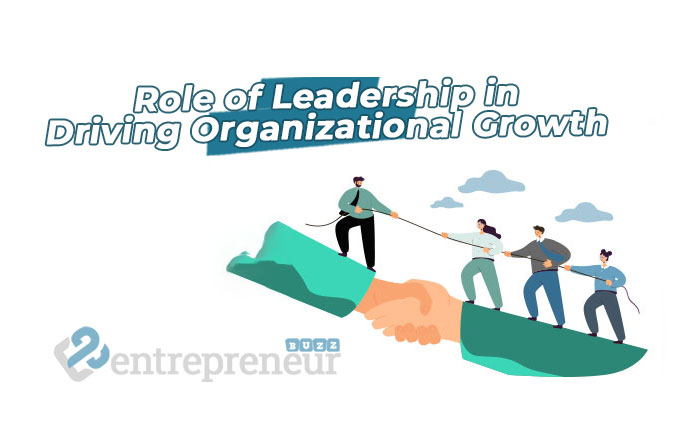Effective leadership is a critical factor in the growth and success of any organization. Leaders play a pivotal role in guiding and inspiring their teams, fostering a positive work culture, and making strategic decisions that drive organizational growth. In this article, we will explore the importance of leadership in driving organizational growth and delve into key aspects that contribute to effective leadership. Read on to learn more about how leadership can propel your organization forward.
1. Vision and Direction:
Leaders provide a clear vision and direction for the organization. They define the goals and objectives, articulate a compelling vision of the future, and communicate it effectively to the team. By setting a clear direction, leaders align the efforts of the entire organization towards a common purpose, driving growth and progress.
2. Strategic Decision-Making:
Leaders are responsible for making strategic decisions that shape the trajectory of the organization. They gather and analyze information, assess market trends, evaluate risks, and make informed choices that position the organization for growth. By taking calculated risks and making timely decisions, leaders can capitalize on opportunities, overcome challenges, and drive sustainable growth.
3. Inspiring and Motivating:
Leaders inspire and motivate their teams to achieve exceptional results. Through effective communication and leading by example, they instill a sense of purpose and passion within the organization. By fostering a positive work culture, recognizing achievements, and providing opportunities for growth, leaders create an environment that motivates employees to go above and beyond, ultimately fueling organizational growth.
4. Developing and Empowering Others:
Great leaders invest in the development and empowerment of their team members. They identify individual strengths and provide opportunities for growth and learning. By nurturing talent, providing mentorship, and delegating responsibilities, leaders create a strong and capable workforce that contributes to organizational growth. They also foster a culture of trust, enabling employees to take ownership and make meaningful contributions.
5. Building Relationships and Collaboration:
Leaders recognize the importance of building relationships, both internally and externally. They establish strong networks with stakeholders, customers, partners, and industry influencers. By fostering collaboration and partnerships, leaders open doors to new opportunities, innovation, and growth. They also promote effective teamwork, facilitating cross-functional collaboration within the organization.
6. Embracing Change and Adaptability:
In today’s fast-paced business environment, leaders must be adaptable and open to change. They anticipate industry shifts, embrace new technologies, and drive innovation within the organization. By promoting a culture of continuous improvement and learning, leaders enable the organization to adapt to changing market dynamics and stay ahead of the competition.
7. Ethical and Responsible Leadership:
Leadership is not just about driving growth; it also entails leading with integrity and ethics. Leaders set the tone for ethical behavior, ensuring compliance with laws, regulations, and ethical standards. They prioritize corporate social responsibility and promote sustainable practices. By embodying ethical leadership, leaders build trust, enhance reputation, and create a positive impact on society.
In conclusion, effective leadership is instrumental in driving organizational growth. Through vision and direction, strategic decision-making, inspiration and motivation, talent development, relationship-building, adaptability, and ethical leadership, leaders create an environment conducive to growth and success. By investing in leadership development and practicing these key aspects of effective leadership, organizations can unlock their full potential, seize opportunities, and achieve sustainable growth. So, learn more about the role of leadership and harness its power to drive your organization towards a prosperous future.

